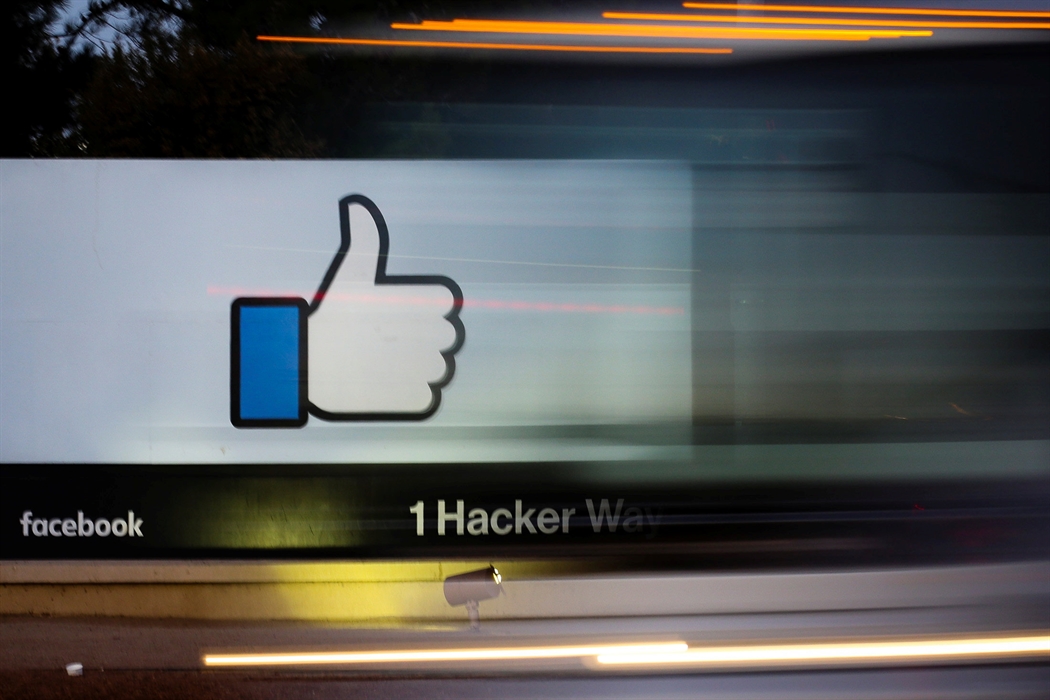MEPs members of the Civil Liberties Committee, while noting the privacy improvements made by Facebook after the Cambridge Analytica scandal, say EU bodies should be allowed to fully audit Facebook to assess data protection and security of users’ personal data.
In a resolution, passed with 41 votes to 10 and 1 abstention, they noted that company has yet not carried out the promised full internal audit and recommended that the company makes “substantial modifications to its platform” to comply with EU data protection law.
Commenting on the resolution, Claude Moraes (S&D, UK), Chair of the Civil Liberties Committee and rapporteur, said: “This resolution makes clear that we expect measures to be taken to protect citizens’ right to private life, data protection and freedom of expression. Improvements have been made since the scandal, but, as the Facebook data breach of 50 million accounts showed just last month, these do not go far enough.”
In its resolution, the committee urged Facebook to allow the EU Agency for Network and Information Security (ENISA) and the European Data Protection Board to carry out “a full and independent audit” and present the findings to the European Commission and Parliament and national parliaments.
The resolution summarises the conclusions reached after the meeting last May between leading MEPs with Facebook CEO Mark Zuckerberg and the three subsequent hearings to clarify the impact of the Facebook data breach by Cambridge Analytica. It also refers to the latest data breach suffered by Facebook, on September 28, which exposed access tokens for 50 million accounts.
Moreover as regards the fight against election meddling, MEPs noted that the General Data Protection Regulation and the new rules on European political party funding already foresee sanctions for breaching data protection rules to influence elections’ outcomes.
To prevent electoral meddling via social media, they also propose:
- applying conventional “off-line” electoral safeguards, such as rules on transparency and limits to spending, respect for silence periods and equal treatment of candidates;
- making it easy to recognise online political paid advertisements and the organisation behind them;
- banning profiling for electoral purposes, including use of online behaviour that may reveal political preferences;
- social media platforms should label content shared by bots and speed up the process of removing fake accounts;
- compulsory post-campaign audits to ensure personal data are deleted;
- investigations by member states with the support of Eurojust if necessary, into alleged misuse of the online political space by foreign forces.
MEPs called on the European Commission to upgrade EU competition rules to reflect the digital reality, look into the social media platforms’ possible monopoly and audit the advertising industry on social media.
They also asked for much greater accountability and transparency on algorithmic-processed data by any actor, be it private or public.
MEPs asked all EU institutions, agencies and bodies to verify that their social media pages and the analytical and marketing tools used “should not by any means put at risk the personal data of citizens”. If needed, they suggest that they “consider closing their Facebook accounts” to protect personal data of every individual contacting them.
MEPs also called on the European Commission to suspend the Privacy Shield agreement (designed to protect EU citizens whose personal data are transferred to the US for commercial purposes), since US authorities failed to comply with its terms by September 1. 2018.
The resolution will be put to a vote by the full Parliament during the next plenary session (22-25 October) in Strasbourg.
Meanwhile, in an interview published on the European Parliament’s webpage Moraes said Facebook should make substantial changes to its platform to ensure it complies with EU data protection law, according to a resolution adopted by the committee.
He said that while many questions remain unanswered, a clear takeaway is that more action is needed to enforce the law and ensure real transparency from companies such as Facebook in terms of data processing methods, tracking, profiling and the use of algorithms in order to ensure consumer trust and respect for privacy.
This resolution makes clear that we expect measures to be taken to protect citizens’ right to private life, data protection and freedom of expression.
Asked how a repeat of the Cambridge Analytica scandal can be avoided, he said that despite improvements made since the scandal, the Facebook data breach of 50 million accounts last month, show that these do not go far enough.
“Today, we are calling for a number of measures to prevent a repeat of the scandal including an audit into the activities of the advertising industry on social media and for data protection authorities to carry out a thorough investigation into Facebook to ensure that data protection rights are upheld,” he said..
And he added: “We expect all companies to comply with EU data protection law, that help is provided to users to understand how their personal information is processed, and that effective controls are available, including greater transparency in terms of privacy settings.
It is equally important that EU member states implement the GDPR and the European Commission should take the appropriate steps to monitor the implementation and application of this legislation to ensure the protection of all European citizens.”
As to preventing manipulation of the electoral process in the forthcoming European elections, the MEP said that recent requirements introduced in the US to verify the identity, location and sponsor of political advertisements were a good response and the same standards should be applied here in the EU.
“In addition, we have to look at how political parties and campaigns are using social platforms for campaign purposes. A code of conduct with the participation of all actors concerned needs to be developed. If not, legislative action will be required,” he said.
Edited by Bouli Hadjioannou
















